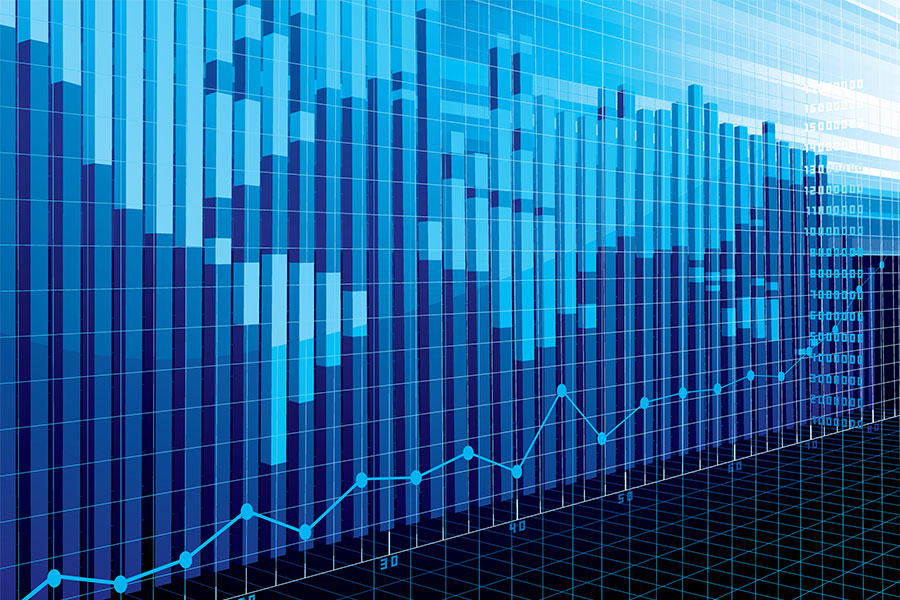Articles
Articles and analyses from the INET community on the key economic questions of our time.

Nobel Win Doesn’t Equate To Policy Prescriptions
The “keys under the streetlight story” is well known among economists, but in case you haven’t heard it, it goes like this.

The torch that wouldn't burn - UCLA in 1968
Employment as University Professor is by comparison with the grind of the professional world a peaceful, perhaps even relaxing, assignment.
Destabilizing A Stable Crisis

Self-Control and Public Pensions
Our welfare depends not only on our actual consumption, but also on alternate choices wedid not make.

HES 2014: It made a happy man very old!
This year, the History of Economics Society (HES) meeting was organized at the University of Quebec at Montreal. The meeting was, on the whole, a nice affair, there were plenty of interesting sessions, I reconvened with old friends and was able to present there my latest work and receive constructive comments.
Post-Crash Economics
We Can Blog it!

Piketty and thinking about economics
There is a new economics rock-star touring the US by all accounts, and his name is Thomas Piketty.

Charles Babbage and the History of Innovative Thinking
The forthcoming Institute for New Economic Thinking conference will focus on innovation and its impact on economics and society. When we think about innovation we tend to imagine the future. But as with so many subjects in economics, it’s also useful to examine the past.

Is Italy's New Government Just More of the Same?
A showdown has taken place within Italy’s governing coalition.

Thomas Scheiding: A history of scholarly communication in economics
We invited Thomas Scheiding from Cardinal Stritch University to review what we know about the scholarly communication process in economics. Tom has written forcefully on the history and economics of economic literature (see for instance, his 2009 JEM article). His latest is a study of the scholarly communication process in physics (an article in Studies).
When is a Bubble a Bubble?

Our Hansen Moment
The main goal of the macroeconomist is to understand the sources behind business cycles and the behavior of financial markets in the modern economy.
